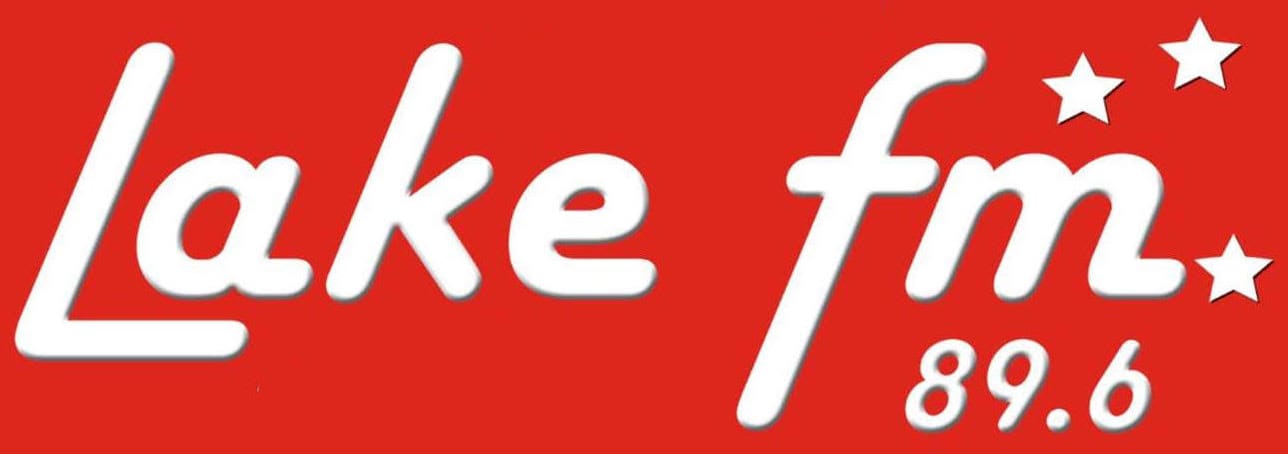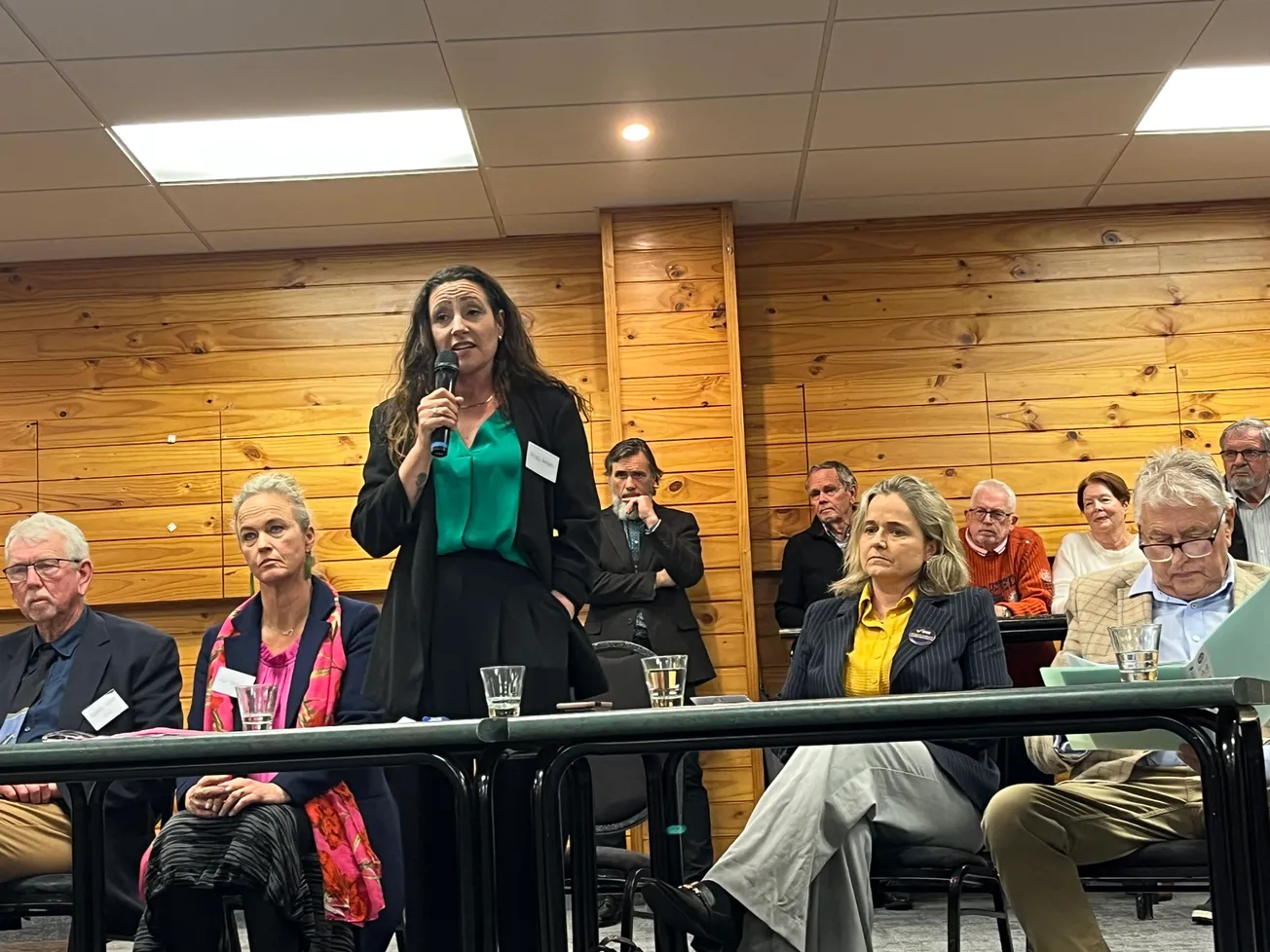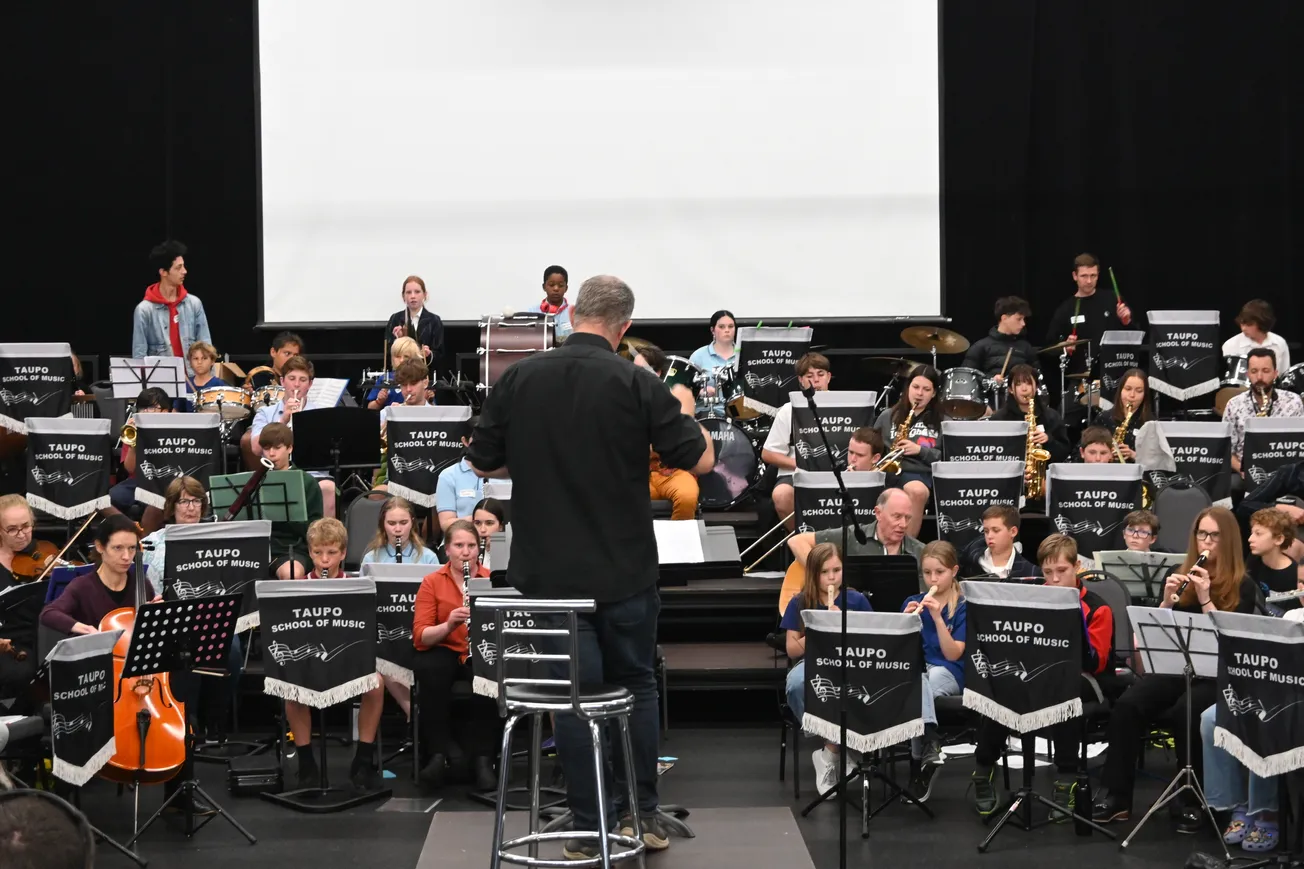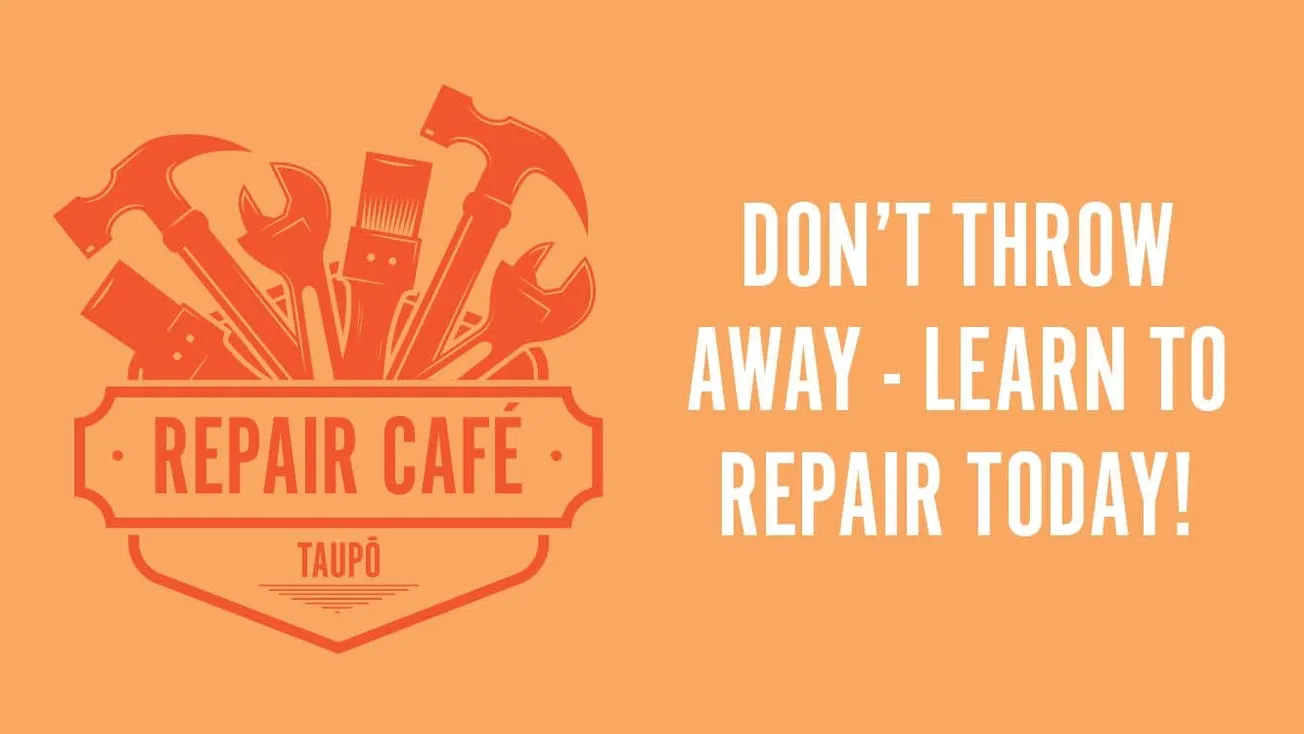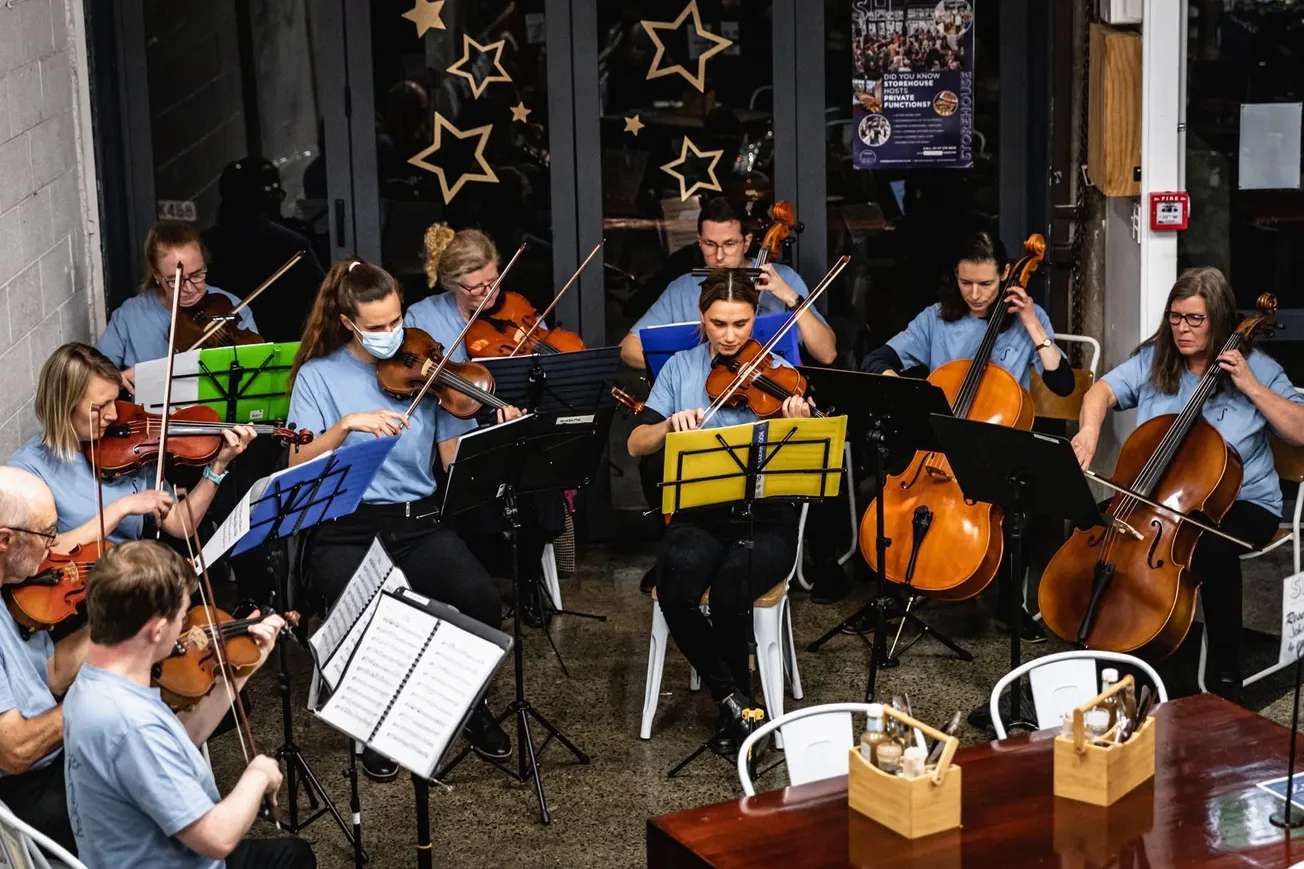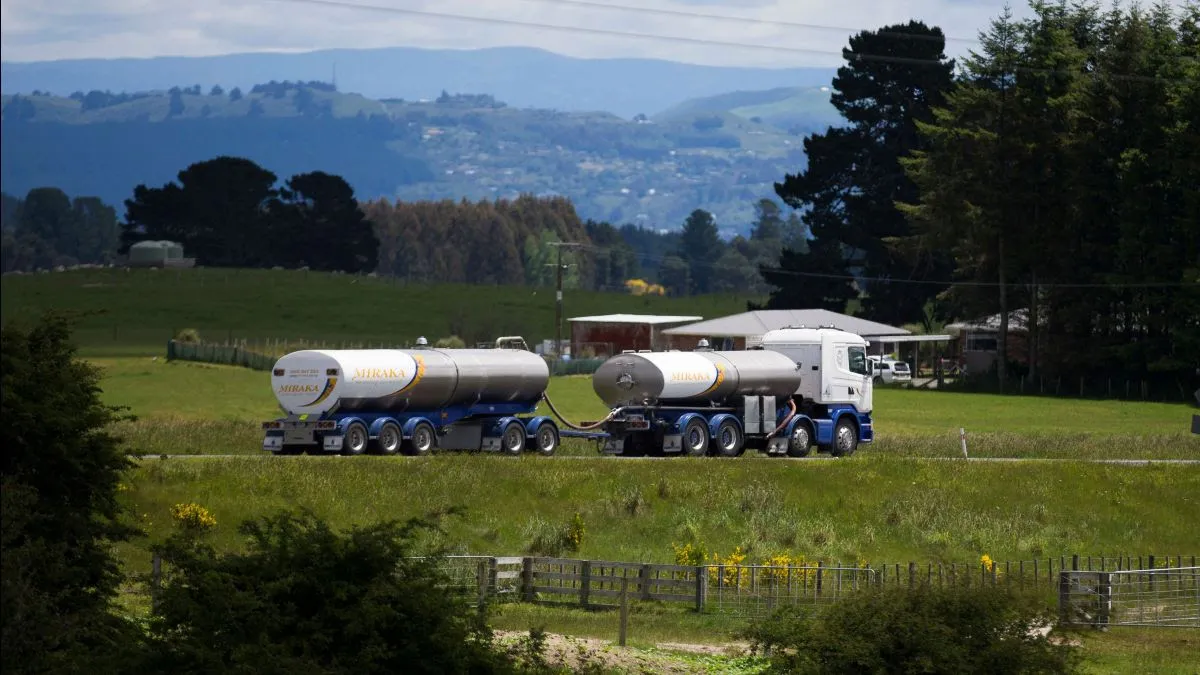The keen audience arrived early on Tuesday night and soon filled all the available chairs upstairs at the Taupō Cosmopolitan Club.
So standing room only from 6pm at the meet the mayoral and Taupō Ward candidates’ forum organised by the Taupō Residents Group, though a few questions later revealed only partial understanding from some about how a council works or the electoral process.
And some of the candidates were revealed as needing to do more preparation.
For a few in the audience it became an opportunity to air old grievances or rail against the council in general.
The evening, chaired by Tristan Baynham, began with a two-minute address from each candidate (the four mayoral hopefuls and 11 of the 17 standing for the Taupō Ward).
Current Mayor David Trewavas celebrated various achievements such as the airport terminal and lakefront upgrade and events like Supercars and Ironman. While there were calls for change, the district was stable, calm and well respected countrywide, he said, though conceded that it had to remain affordable and such progress had to be consolidated.
He felt two pressing issues were a new bridge over the Waikato River and maintaining the district’s beautiful environment.
John Funnell felt the council had to control its costs and increase income, get back to core principles – roads, rubbish and water. In deciding whether to stand or not, stories of personal hardship in affording rates had been pivotal, he said.
Kevin Taylor reiterated his view that rates as a funding model was fundamentally broken and that he would continue to advocate for change to central government. A different system was needed to ensure councils could remain viable. He felt it imperative Taupō not be led or amalgamated with others but position itself as a leader and stay strong.
Zane Cozens felt council leadership had been waning over the last 12 years with poor financial decision-making and borderline dysfunction. He claimed he would ease excessive spending, cut waste and focus on core services, seek out external funding sources, champion business, reduce red tape and lift opportunities for our youth.
Issues that came up during questions from the floor included the Joint Management Agreement between the Taupō District Council and Tūwharetoa Māori Trust Board, staff numbers at the council, communication between council and public, council debt and strategies to spread the cost of an asset out over time and the inflationary pressures affecting councils.
One prepared question came from perhaps the youngest member of the audience who asked the individual candidates their position on the referendum on Te Papamārearea Māori Ward.
While all said they would abide by the results of the vote on the future of the ward, positions on whether it had value or not varied.
Trewavas said he was totally supportive and had found the input from the two Māori councillors “very, very valuable.”
Nicola de Lautour said while she didn’t think the council had done a particularly good job of inclusion in democracy and ensuring diversity around the table, she would like to see the Maori Wards remain.
Rachel Shepherd said in working with Maori Ward candidates she valued their ability to converse the council’s position. “I'm a pragmatist, it worked well.”
Julie Yeoman said she believed the reason Maori wards were instigated were vali and endorsed what had been said about their effectiveness. “I believe in a journey of fair representation.”
Richard Cade felt a council should look for “the very best people to sit on the council” regardless of sex, race or creed. “Start from the premise, get the best people, and if you get the best people, you'll get the best results.”
Ann Tweedie said she had questions and would like to see Taupō divided into four wards each with their own community board and community representative for council.
John Funnell reiterated his position he would vote no, saying he felt it “disadvantages the Maoris - from what I can see is that they can only have two voices at the table, whereas if they stand in the general ward… potentially they will have seven people plus probably a mayor.”
Mark Wynyard said he felt Māori wards diminished the mana of the people involved.
Kevin Taylor said the ward worked well for the council and urged people to have their say.
Steve Manuni felt the ward ensured equity and helped the district maintain a partnership which was important for sustainable growth in Tāupo.
Belinda Walker said she valued variety in voices around the table. “I'm going to vote for them.”
Zane Cozens reiterated a statement about concern for the representation of the Pouakani people at Mangakino
Steve Punter after speaking at length on the topic said “Instinctively, no, I don't support Maori wards…I support all minorities. I want to take them all and wrap them up and support them and care for them.”
Duncan Campbell admitting Punter’s rambling speech was a hard one to follow said he didn’t support Maori wards. “To date, I've not seen any compelling reasons or arguments why they do result in better outcomes or even result in better representation.”
Absent from the forum were current councillors Christine Rankin and Yvonne Westerman (who Shepherd said were not feeling well) and Taupō Ward candidates Katrin Wilson, Bill Clarke, Barry Delany and David Freeman.
The next public meet the candidates evening is one organised by Rotary at the Great Lake Centre on Monday, September 8, 7pm to 9.30pm.
